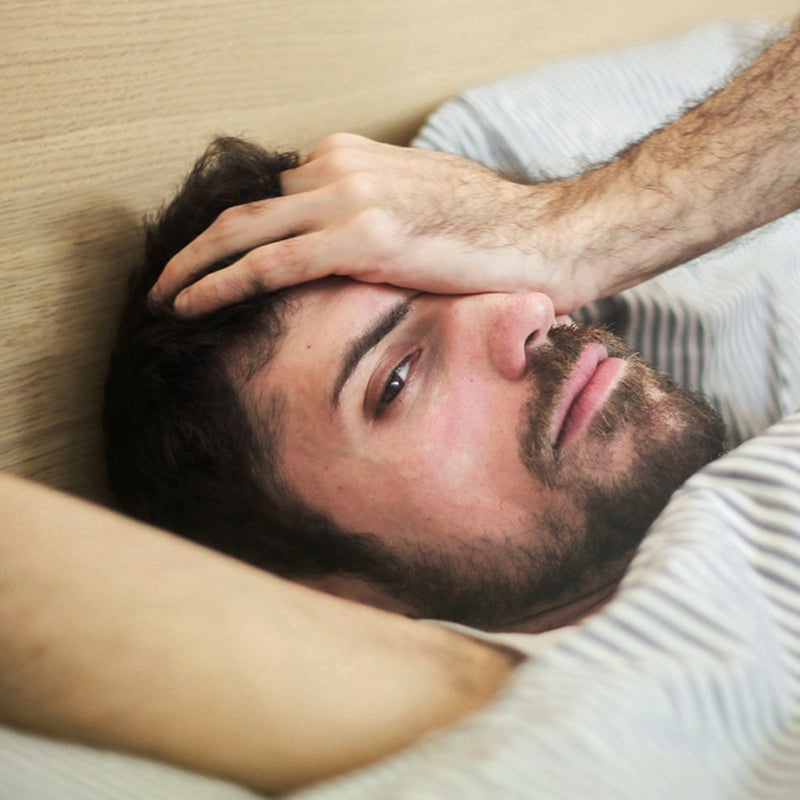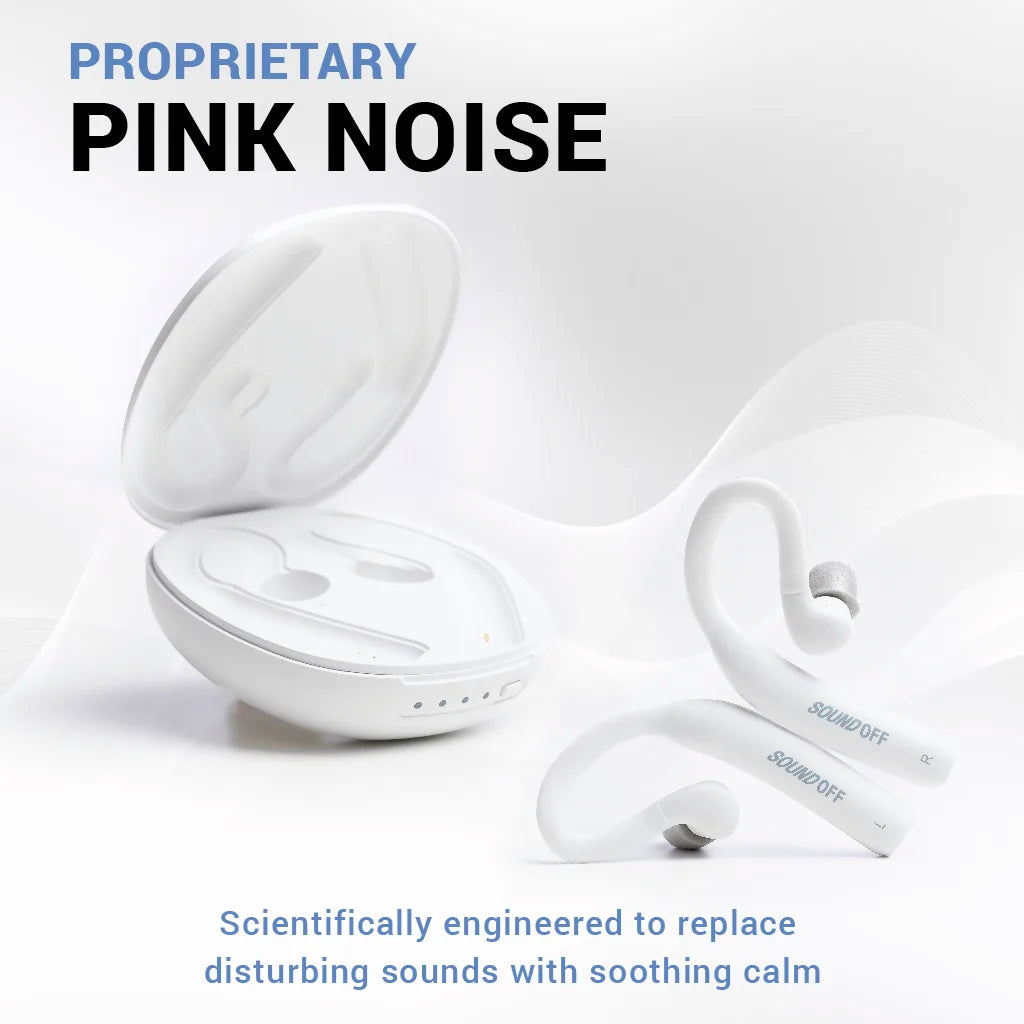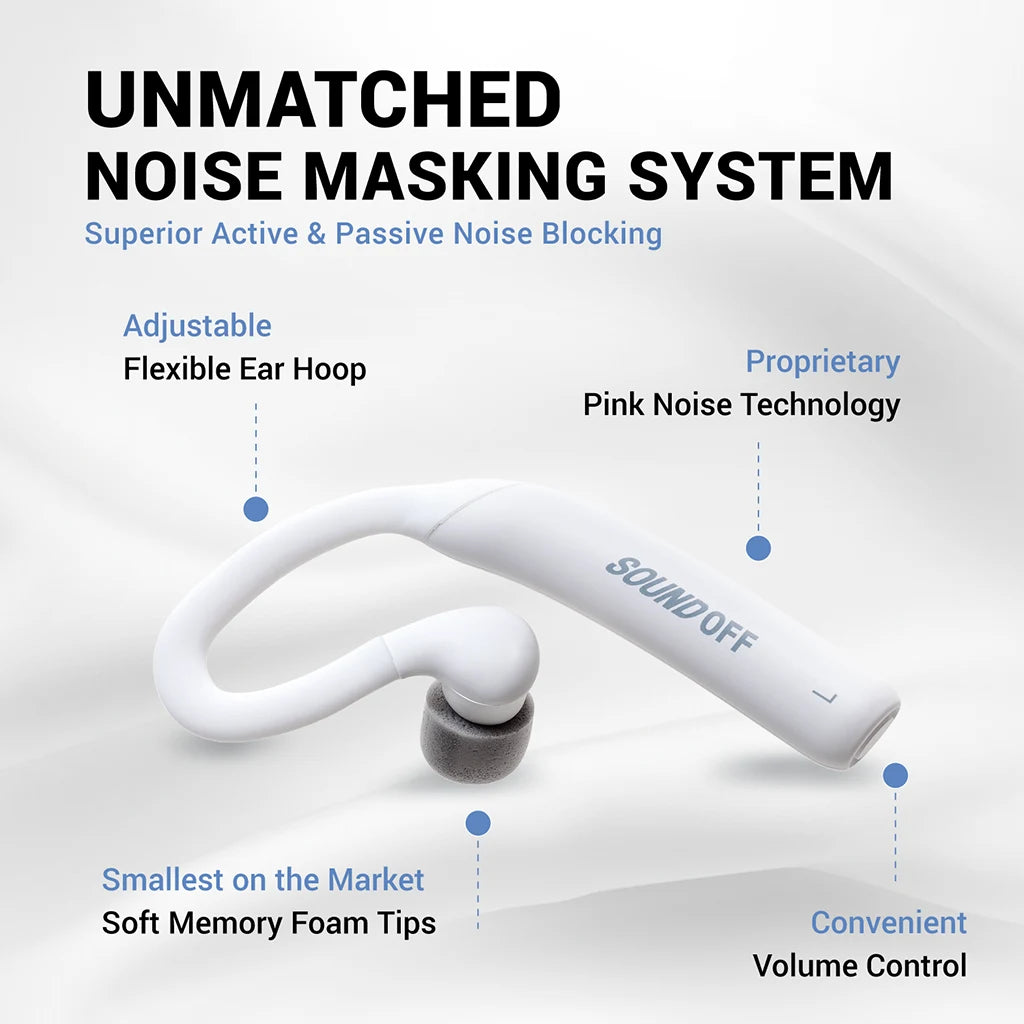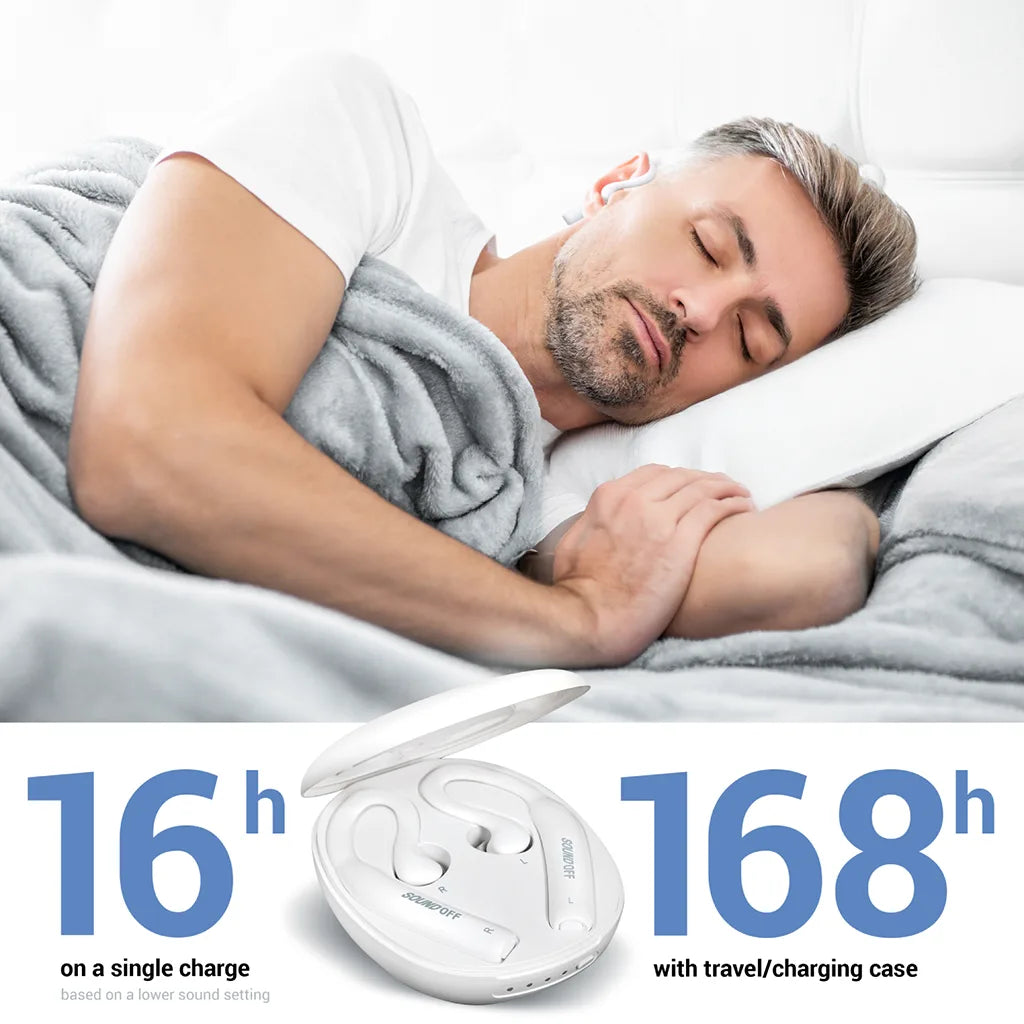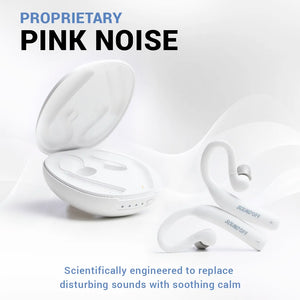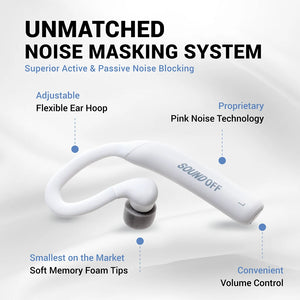For many people, anxiety doesn’t disappear when the sun goes down—it intensifies. If you’ve ever found yourself lying awake at night, mind racing with worries about the past, present, or future, you’re not alone. Nighttime anxiety is a common experience that can make falling and staying asleep difficult, leaving you exhausted the next day.
Understanding why anxiety tends to spike at night and learning how to manage it can make a significant difference in your sleep quality. In this article, we’ll explore the causes of nighttime anxiety, how it affects sleep, and strategies to calm your mind before bed.

Why Does Anxiety Get Worse at Night?
During the day, we’re constantly engaged in activities that keep our minds occupied—work, social interactions, chores, and entertainment. But when night falls and everything quiets down, there are fewer distractions. This stillness can make worries feel louder, leading to racing thoughts that interfere with relaxation.
Several factors contribute to increased anxiety at night:
- Lack of Distractions: With fewer activities keeping the brain engaged, worries can take center stage.
- Overstimulation Before Bed: Late-night screen time, caffeine, and stressful conversations can overstimulate the nervous system, making it harder to unwind.
- Increased Cortisol Levels: Anxiety triggers the body’s fight-or-flight response, releasing stress hormones like cortisol that make it difficult to feel calm.
- Anticipatory Anxiety: Worrying about the next day’s responsibilities, upcoming deadlines, or personal challenges can create a cycle of stress that keeps you awake.
- Poor Sleep Environment: Noise, light, and discomfort can make it even harder to relax, amplifying anxious thoughts.
When these factors combine, they create a pattern where anxiety and sleeplessness feed into each other, making it harder to break free from the cycle.
Symptoms of Nighttime Anxiety
Nighttime anxiety doesn’t always look the same for everyone, but common symptoms include:
- Racing thoughts that make it difficult to wind down
- Increased heart rate or palpitations
- Shallow or rapid breathing
- Muscle tension or restlessness
- Feeling overwhelmed or unable to relax
- Difficulty falling or staying asleep
- Nightmares or waking up feeling panicked
Over time, these symptoms can lead to chronic sleep deprivation, which can worsen anxiety and impact overall well-being. That’s why finding ways to manage nighttime anxiety is crucial for both mental and physical health.

How to Calm Nighttime Anxiety and Sleep Better
1. Establish a Calming Bedtime Routine
A consistent nighttime routine signals to your body that it’s time to unwind. Try incorporating activities that promote relaxation, such as:
- Reading a book (preferably a physical book, not on a screen)
- Taking a warm bath or shower
- Practicing gentle stretching or yoga
- Listening to soothing music, white or pink noise
- Engaging in deep breathing exercises
2. Limit Stimulants and Screen Time
Caffeine, nicotine, and alcohol can interfere with sleep and increase anxiety levels. Try to avoid these substances in the hours leading up to bedtime. Additionally, the blue light emitted by screens (phones, tablets, and TVs) can suppress melatonin production, making it harder to fall asleep. Switching to a screen-free wind-down period at least an hour before bed can help.
3. Practice Mindfulness and Meditation
Mindfulness techniques can be powerful tools for calming nighttime anxiety. Practices such as meditation, progressive muscle relaxation, and guided imagery can help shift focus away from racing thoughts and bring awareness to the present moment. Even a few minutes of deep breathing can make a difference in settling the nervous system.
4. Manage Stress Throughout the Day
Reducing overall stress levels can help minimize nighttime anxiety. Some ways to manage daily stress include:
- Regular physical activity, such as walking, jogging, or yoga
- Journaling to release pent-up thoughts and emotions
- Practicing gratitude to reframe negative thinking
- Engaging in hobbies or creative activities that bring joy
When stress is better managed during the day, it’s less likely to spiral out of control at night.
5. Improve Your Sleep Environment
Creating a comfortable sleep environment can make it easier to relax. Consider the following adjustments:
- Keep the bedroom cool, dark, and quiet. Use blackout curtains, white or pink noise machines, or earplugs if necessary. Pink noise is clinically proven to help you fall asleep faster and stay asleep longer.
- Invest in a comfortable mattress and pillows. Physical discomfort can make it harder to sleep.
- Stick to a consistent sleep schedule. Going to bed and waking up at the same time each day helps regulate your body’s internal clock.
Making these changes can help your mind associate the bedroom with relaxation rather than stress.

6. Try Noise Masking for a Calming Sleep Soundscape
For many people, nighttime noise disruptions—from a snoring partner to outside traffic—can worsen anxiety and make it even harder to sleep. Noise masking, especially with pink noise, can create a soothing auditory environment that drowns out disturbances and promotes deeper sleep.
SoundOff earbuds use clinically proven pink noise to help people fall asleep easier and sleep better. Unlike traditional noise-canceling technology, pink noise provides a more natural, consistent sound that blends background noises and encourages relaxation. By reducing nighttime disruptions, SoundOff helps create the perfect conditions for restful, uninterrupted sleep.
If nighttime anxiety is making sleep difficult, trying a combination of relaxation techniques and sound solutions may help you finally get the rest you deserve.


